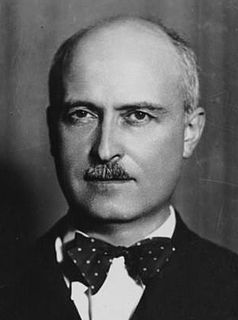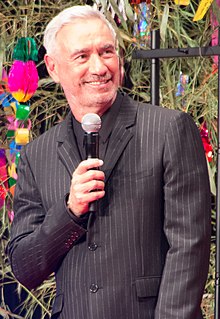A Quote by Raf Simons
Both costume and fashion are about telling a story, except that in a ballet the story has already been written by the composer or the librettist.
Related Quotes
I think that people have to have a story. When you tell a story, most people are not good storytellers because they think it's about them. You have to make your story, whatever story it is you're telling, their story. So you have to get good at telling a story so they can identify themselves in your story.
When I make film music, I'm a filmmaker first and foremost. It's about serving the needs of the film. You're telling a story; in a way, you stop becoming a composer and become a storyteller instead. You tell the story with the most appropriate themes. How you approach these things is a very personal matter, but your goal is to tell the story first.
I came across an old story of mine that I'd written a decade ago. The main joke of the story is that a mother is telling her children about how she met their father online. The majority of memories the mother has all have to do with really funny links he sent her, a music download that she loved, etc. - and because of these superficial details she fell in love with the father. Reading it today, it's hardly a dystopian story; it's simply a realistic story about how people actually meet.
I feel like I've kinda danced around telling the truest story I can for many years of my life. I've been a little distracted by trying to be shocking or edgy or cool or whatever, and by letting go of that and telling the truest story I can - even if it's about aliens and talking raccoons - it works.
I think that when I'm telling a story, I'm doing the best I can to tell the story as fully as I can, and if there are various fractures that happen in the story, then that's just the very thing that the story is as opposed to my looking for avenues of difference in one story. They just really do exist. For me, anyway.
This is our story to tell. You’d think for all the reading I do, I would have thought about this before, but I haven’t. I’ve never once thought about the interpretative, the story telling aspect of life, of my life. I always felt like I was in a story, yes, but not like I was the author of it, or like I had any say in its telling whatsoever.
The ‘experimental’ writer, then, is simply following the story’s commands to the best of his human ability. The writer is not the story, the story is the story. See? Sometimes this is very hard to accept and sometimes too easy. On the one hand, there’s the writer who can’t face his fate: that the telling of a story has nothing at all to do with him; on the other hand, there’s the one who faces it too well: that the telling of the story has nothing at all to do with him







































